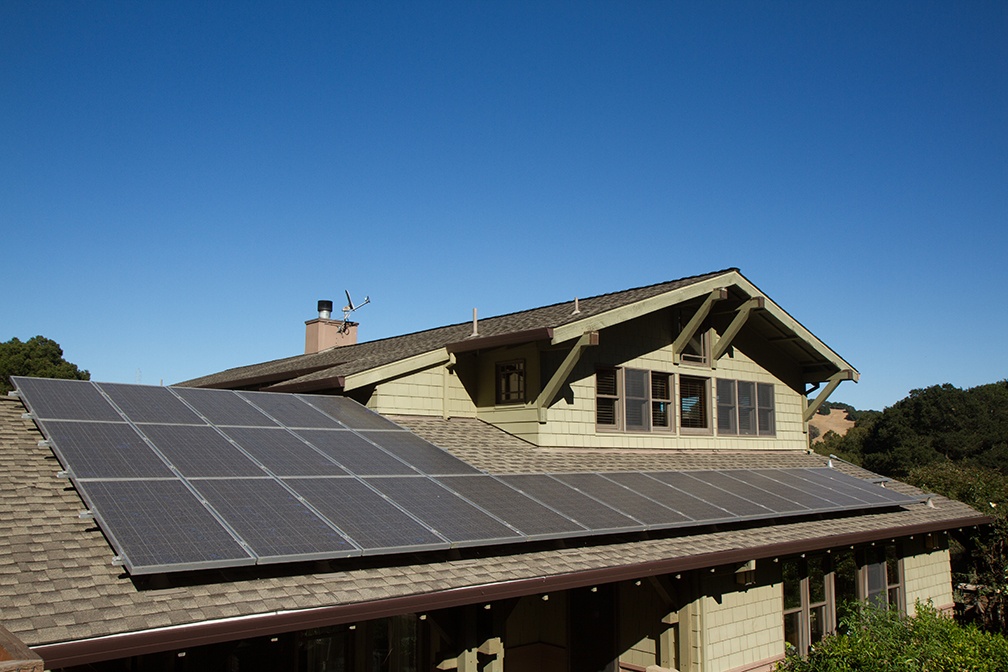 Home builders surveyed by the National Association of Home Builders expressed their highest level of confidence in housing markets since 1999. The index reading for housing market conditions in December hit 74, which exceeded November’s reading of 70. Analysts expected a flat reading of 70 for December. Readings over 50 indicate improvement in housing market conditions.
Home builders surveyed by the National Association of Home Builders expressed their highest level of confidence in housing markets since 1999. The index reading for housing market conditions in December hit 74, which exceeded November’s reading of 70. Analysts expected a flat reading of 70 for December. Readings over 50 indicate improvement in housing market conditions.
The three component readings used to comprise the Housing Market Index also rose in December. Builder confidence in current market conditions rose four points for a reading of 81; builder confidence in housing market conditions over the next six months rose three points to 79. Most surprising was the jump in builder confidence in buyer traffic levels in new housing developments. Traditionally, this reading rarely exceeded 50, but in November, it achieved the benchmark reading. December’s reading for buyer traffic gained eight points to 58. December’s reading for builder confidence in buyer traffic reached its highest level since 1999.
Home Builder Confidence Reflects Strong Economic Conditions
Strength in jobs markets and overall economic conditions drove builder confidence; home builders also cited potential tax breaks associated with pending tax legislation. Tariffs on Canadian lumber were cited as an obstacle to builder profits and increased prices.
High demand for homes caused by slim supplies of homes for sale continues to boost home prices. Real estate pros have said that increasing construction of single-family homes is the only way to correct the current imbalance between rapidly increasing home prices and challenges for first-time and moderate-income home buyers who cannot compete with cash buyers or afford rapidly rising home prices.
Builder Confidence Expands in All Regions
Builder confidence also rose according to the three-month rolling average for builder confidence in the four regions tracked by NAHB. The Northeastern region reported a one-point increase for a regional reading of 54. Home builder confidence gained six points in the Midwestern region for a reading of 69. Home builders in the South reported a confidence reading of 72, which was three points higher than in November. Builders in the Western region reported a two-point gain in confidence with a reading of 79 in December.
 Have you been scratching your head, wondering what your next great home renovation project should be? If you are like most homeowners, you have many areas that could use a little attention. Let’s explore three reasons why installing solar panels should be high on your list of home improvement projects for 2018.
Have you been scratching your head, wondering what your next great home renovation project should be? If you are like most homeowners, you have many areas that could use a little attention. Let’s explore three reasons why installing solar panels should be high on your list of home improvement projects for 2018. Last week’s economic reporting included readings on inflation, core inflation and the Post-meeting statement of the Fed’s Federal Open Market Committee. Fed Chair Janet Yellen also gave a press conference; weekly readings on mortgage rates and new jobless claims were also released.
Last week’s economic reporting included readings on inflation, core inflation and the Post-meeting statement of the Fed’s Federal Open Market Committee. Fed Chair Janet Yellen also gave a press conference; weekly readings on mortgage rates and new jobless claims were also released. Does your bathroom look amazing? As one of the most used rooms in every home, the bathroom can almost always use a bit of a facelift. In today’s blog post we will share a few DIY renovations that will take your bathroom from drab to fab.
Does your bathroom look amazing? As one of the most used rooms in every home, the bathroom can almost always use a bit of a facelift. In today’s blog post we will share a few DIY renovations that will take your bathroom from drab to fab. Whether your home is a few years or many decades old, its physical condition is going to be a significant factor in the sales process. Below are a few questions that can help you to determine whether you should sell your home ‘as is’ or fix it up before placing it up for sale.
Whether your home is a few years or many decades old, its physical condition is going to be a significant factor in the sales process. Below are a few questions that can help you to determine whether you should sell your home ‘as is’ or fix it up before placing it up for sale. Are you growing tired of paying rent each month and not building your net worth? Being stuck in the ‘rental trap’ isn’t much fun, but if you are determined, you can break out. Let’s explore some of the steps that you can take to make 2018 the year that you become a homeowner.
Are you growing tired of paying rent each month and not building your net worth? Being stuck in the ‘rental trap’ isn’t much fun, but if you are determined, you can break out. Let’s explore some of the steps that you can take to make 2018 the year that you become a homeowner.